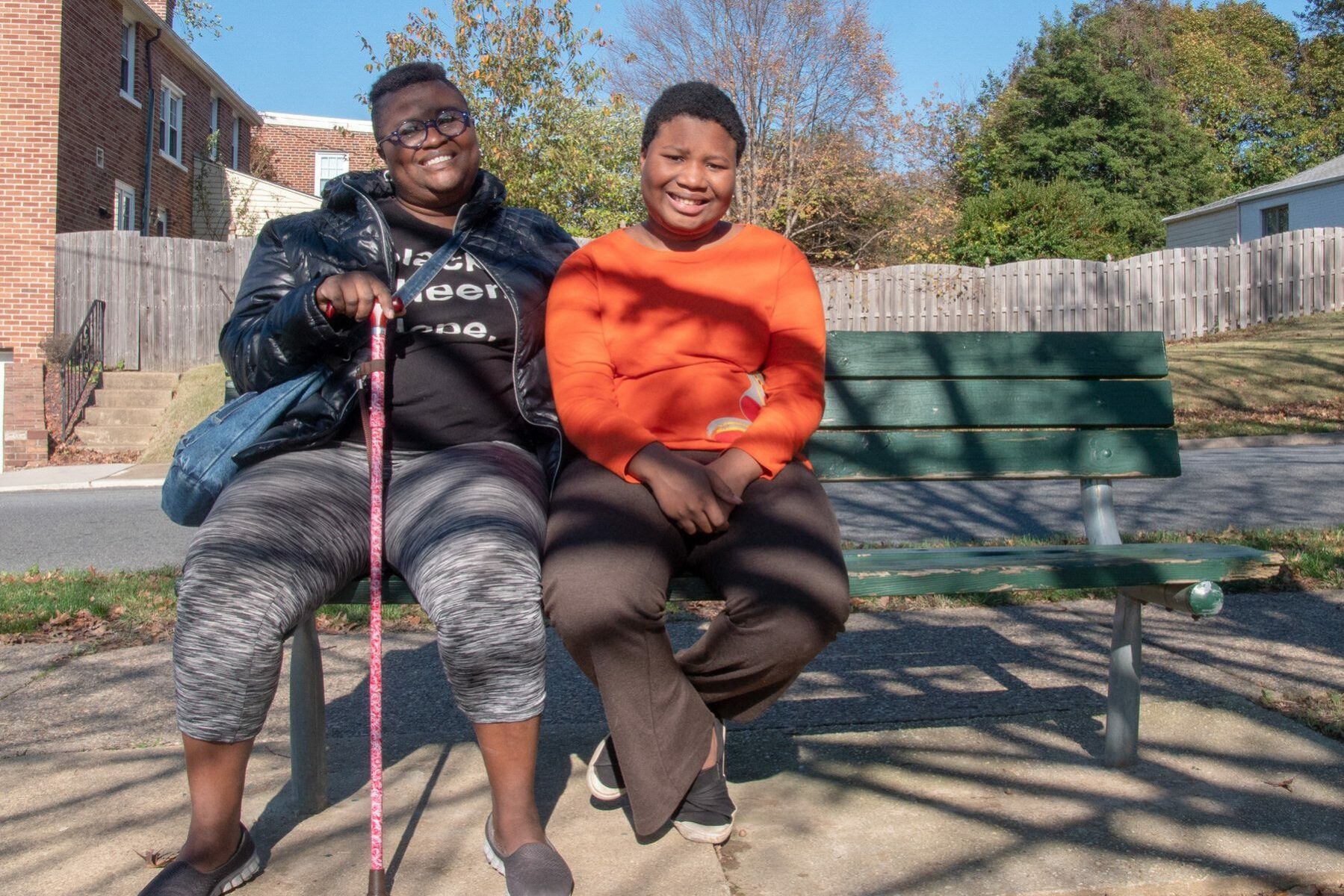A growing number of Americans know a transgender person. Still, most believe that gender is determined by the sex they were assigned at birth.
In a new poll Tuesday, the Pew Research Center found that 42 percent of Americans personally know a transgender person, a marked jump from five years ago when that number hovered at just 30 percent.
In the survey, most Americans — 56 percent — said that gender was determined by sex assigned at birth, a number that has barely changed since 2017, when 54 percent of Americans said the same thing. That belief contradicts the experiences of an estimated 1.4 million transgender Americans and the findings of major groups like the American Medical Association, which classifies trans and nonbinary genders “as normal variations of human identity and expression.”
Pew also reported that though 26 percent of people said they know someone who uses gender neutral pronouns like “they/them” (up from 18 percent in 2017), respondents had not grown more comfortable using those pronouns. Half of Americans said they would feel comfortable using gender neutral pronouns, while 48 percent said they would not, the survey found.
Young people, Democrats and people with higher levels of education were more likely to know transgender people; 53 percent of Americans age 30 and younger said they knew a trans person personally. Just 35 percent of Republicans reported knowing a trans person compared to 48 percent of Democrats. Those with a college degree (46 percent) were more likely than those without (41 percent) to report knowing a trans person.
Rachel Minkin, a Pew research associate who co-authored the study, noted that younger people tended to be more likely to know a trans person and comfortable with gender neutral pronouns.
“You can see that there’s a range of opinions on these topics, but also can look at the shares who are increasing in knowing someone who is transgender or use gender neutral pronouns,” Minkin said.
While the numbers are a mixed bag in terms of acceptance for transgender Americans, the dramatic jump in people who know a transgender person, especially among younger generations, will likely hearten LGBTQ+ advocates. Research has demonstrated that personal relationships with LGBTQ+ people often shape opinions on key policy issues that impact the community, such as transgender sports participation, bathroom access and gender-affirming health care.
The report is based on a June survey of 10,606 of the country’s adults. Its results align with survey findings reported by PBS earlier this year.






